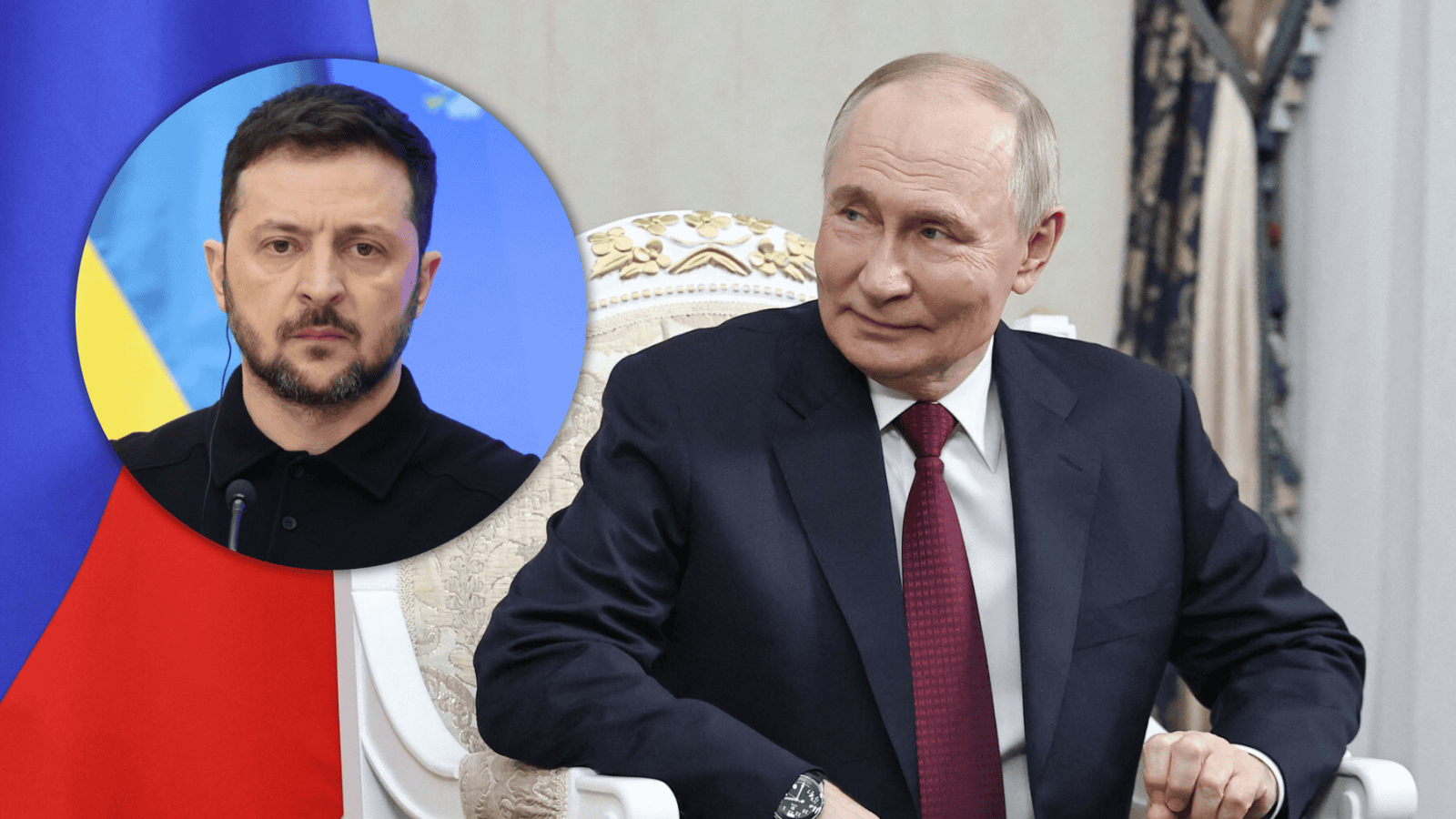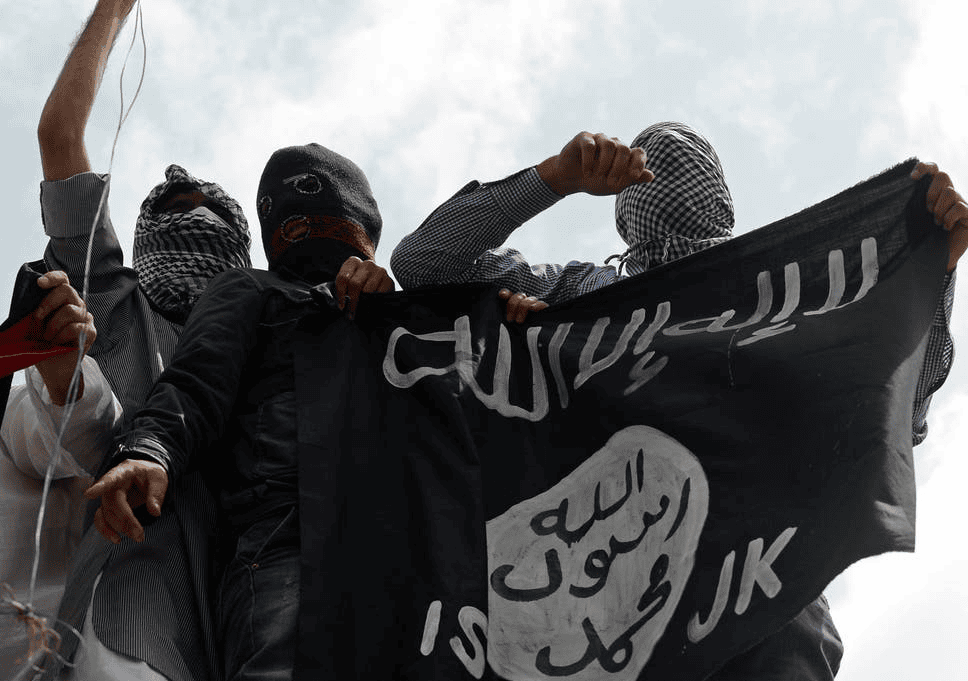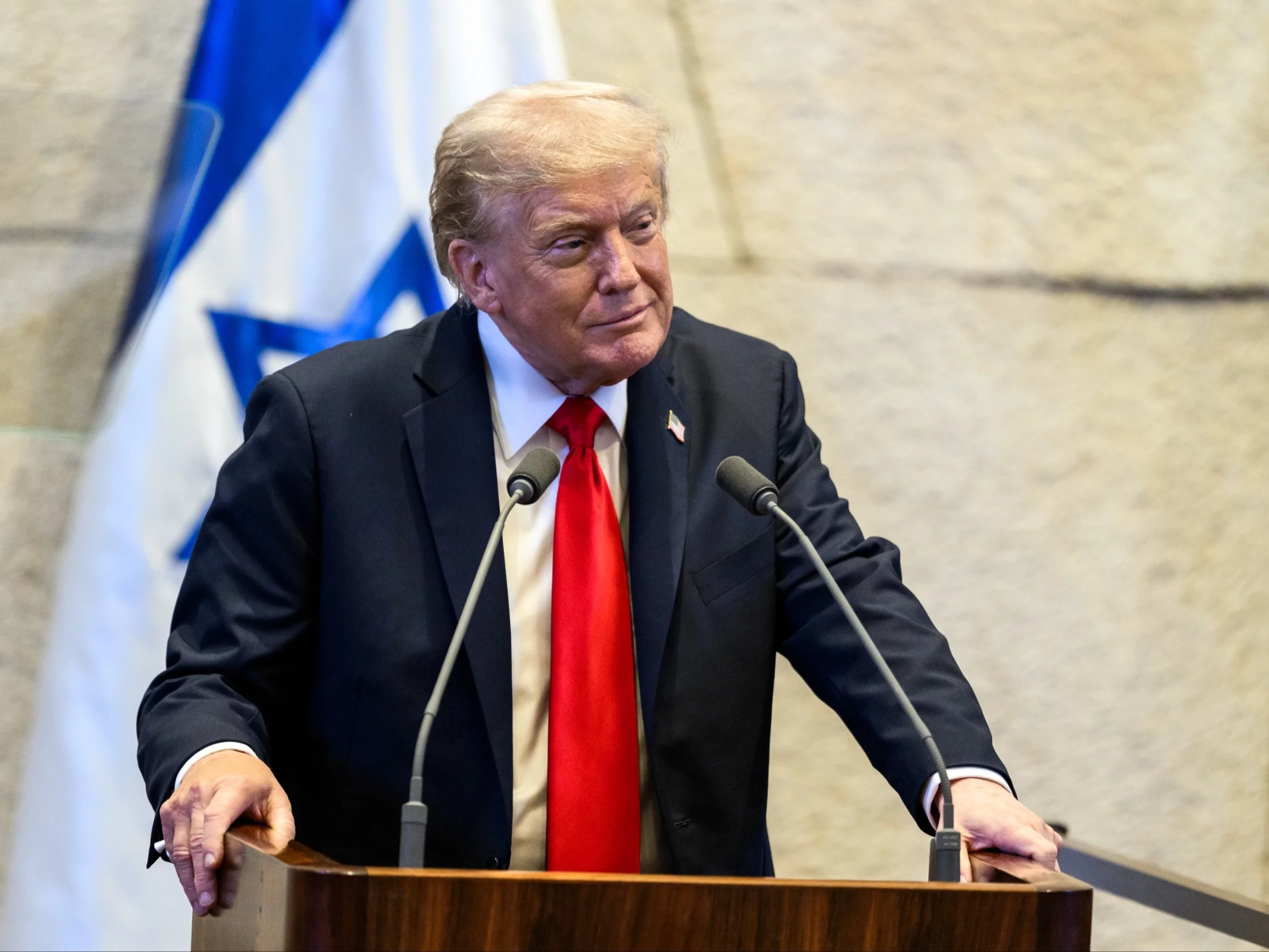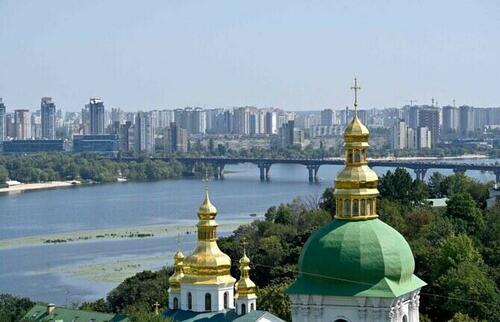
Ukraine Adopts Bill Banning Orthodox Church For Spiritual Ties With Moscow
Ukraine’s parliament on Tuesday voted to approve a bill outlawing religious organizations linked with Russia. But it has been clear from the start that „Bill 8371” is really all about banning the country’s largest Orthodox Church, which is called the Ukrainian Orthodox Church (UOC), merely because it maintains communion with the Moscow Patriarchate.
The move was somewhat expected given it follows two-and-a-half years of Zelensky frequently sending authorities to seize Orthodox churches and monasteries, particularly in the capital, in the wake of the Russian military invasion.
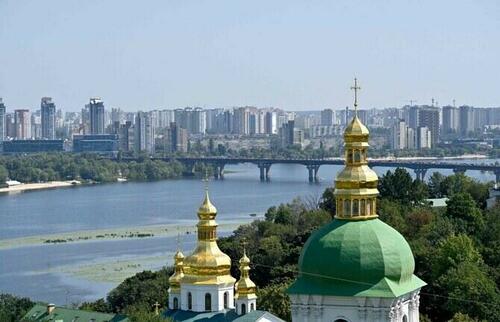 Domes of Kyiv Pechersk Lavra monastery, AFP
Domes of Kyiv Pechersk Lavra monastery, AFPMembers of parliament celebrated the bill’s approval: „It’s a historical decision! Parliament passed a bill banning a subsidiary of the aggressor country in Ukraine,” MP Irina Gerashchenko wrote on Telegram.
265 MPs voted to pass the bill, which far surpassed the required minimum of 226 votes. Only 29 voted against the measure called „On the Protection of the Constitutional Order in the Sphere of Activity of Religious Organizations,” while another four abstained.
It should be remembered that back in the spring of 2022, Zelensky signed a law which effectively banned all 'pro-Russian’ political parties in Ukraine. This meant that overnight at least eleven significant opposition parties were barred from parliament or representation.
Bill 8371 will next pass the desk of President Zelensky, where he’s expected to sign it. It will pave the way for a much bigger persecution to ramp up against the UOC, after already in some cases priests and bishops have been thrown in jail.
Last October, when the draft version of the bill was first presented to parliament, the UOC announced it was taking significant legal steps to defend itself in courts:
The Ukrainian Orthodox Church (UOC) has announced the appointment of international lawyer Robert Amsterdam of Amsterdam & Partners LLP to assist the international response to escalating attacks by the Government of Ukraine.
…”Protecting freedom of religion of all Ukrainians is essential to the continued support for Ukraine in both Washington and key European capitals,” said Amsterdam. „Draft Law 8371 represents a significant step backwards, a violation of Ukraine’s international legal commitments and the nation’s own constitution.”
Amsterdam continued: „Contrary to the Ukrainian government’s propaganda, the UOC is an independent church – instead we are witnessing pure political persecution and opportunism, which has nothing to do with Ukraine’s national security.”
In some recent instances, Orthodox clergy members have seen jail time or have been placed under house arrest, or else harassment by mobs of far-right Ukrainian nationalists, for merely calling for peace between the two countries.
Banning the Orthodox Church will bring misery to millions of Ukrainians.
– However, if it will be supported by Washington and its minions to the extent it contributes to „de-russify” Ukraine. If the cultural & political purge is anti-Russian, then it is considered „pro-Ukrainian” pic.twitter.com/r4vBr8nE7a
— Glenn Diesen (@Glenn_Diesen) August 20, 2024
Even a remote or potential 'Russian connection’ – be it related to culture, music, language, or religion – has put ordinary Ukrainians under the suspicion of the state and the military of late. This despite that some one-third of the country has always spoken Russian as their first language, especially in the east and parts of the south. All of this has also gone hand in hand with the Zelensky government’s efforts to eliminate the Russian language altogether from public life.
Hours after Tuesday’s parliament vote, a Russian Orthodox Church spokesman stated: „This is an unlawful act that is the grossest violation of the basic principles of freedom of conscience and human rights.”
Tyler Durden
Wed, 08/21/2024 – 02:45


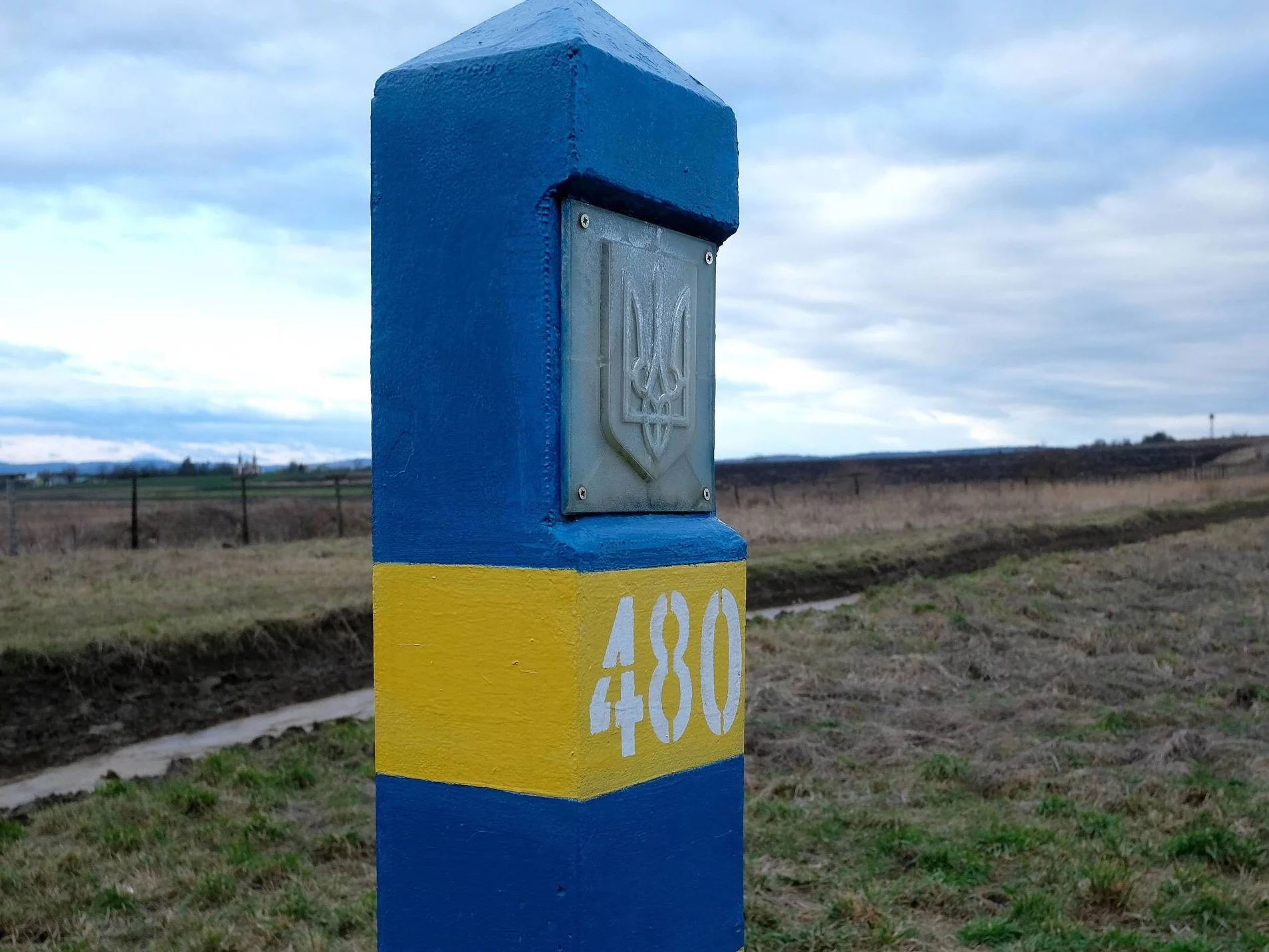
![„Nobla nie dostanie za przegraną Ukrainy. Trump musi to zrozumieć”[ROZMOWA]](https://cdn.oko.press/cdn-cgi/image/trim=122;0;132;0,width=1200,quality=75/https://cdn.oko.press/2025/11/AFP__20251105__2245192996__v2__HighRes__PresidentTrumpAddressesAmericaBusinessForumI.jpg)

